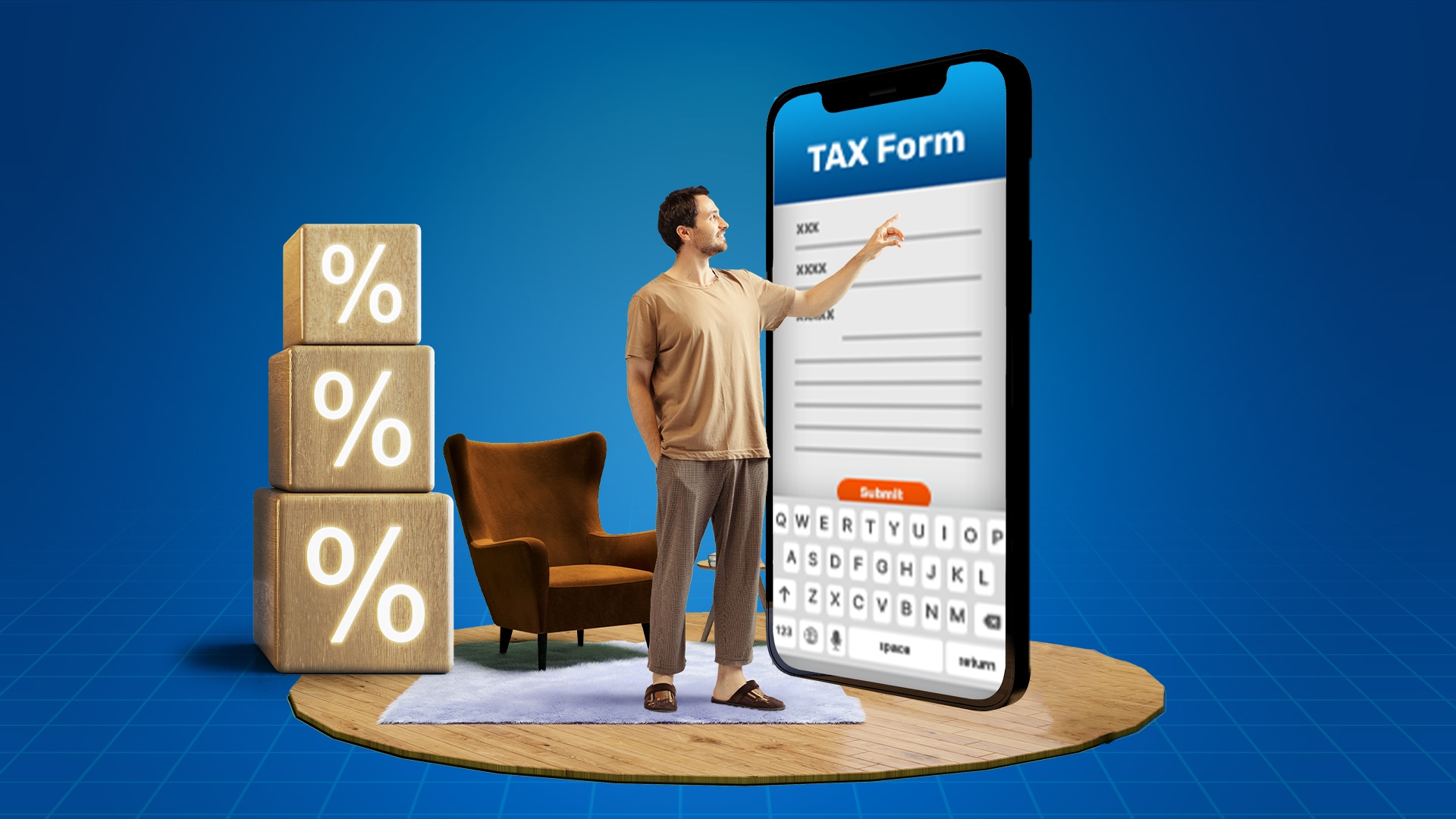Minimal Documentation | Flexible Repayment | No Foreclosure Charges
Everyone dreams of owning a home! In the past, high interest rates on home loans used to be a hindrance towards fulfilling this dream but, not today. Buying your own home has become easy and affordable, thanks to the number of options and government aided schemes, with additional benefit of saving on taxes. Many schemes like PMAY (Pradhan Mantri Awas Yojna) and PMJDY (Pradhan Mantri Jan Dhan Yojana) have imbibed a new vigour in the Indian housing sector by aiming to increase affordability and accessibility. In this article, we will discuss the various home loan tax benefits in India and how to calculate them through home loan tax saving calculator.
There are many provisions under the Income Tax Act, 1961 that allow for tax benefits on home loans. Calculating the benefits based on these provisions is paramount to the financial stability of an individual or a family. Fortunately, you don’t have to look anywhere else. You can use the home loan tax calculator from Bajaj Markets to calculate your tax benefits before embarking on availing a home loan.
Deduction for Interest Paid on Housing Loan
It is imperative that a home loan be taken for the construction of a house, and the construction must be finished within five years of the loan being taken. The Equated monthly investments, popularly known as EMIs, for the housing loan has two main components – interest payment and principal repayment. The interest portion of the EMI paid for the year can be claimed as a deduction from the total income up to a maximum of Rs. 2 lakh under Section 24 (b) of the Income Tax Act, 1961.
Deduction in respect to interest paid towards home loan during pre-construction period
If an individual takes a home loan and pays a regular interest for the period during which the house is being constructed, he/she is eligible for certain tax benefits. The income tax law provides for the claim of pre-construction interest as a deduction in five equal instalments starting from the year in which the property is acquired. However, the maximum eligibility remains capped at Rs. 2 lakh under Section 24 (b) of the Income Tax Act, 1961.
Deduction for Stamp Duty and Registration Charges
Another significant area that invites many expenses during the acquisition of a home is the stamp duty and registration fees. It is possible to avail tax benefits for a maximum Rs. 1,50,000 under Section 80C of the Income Tax Act, 1961. However, these tax benefits can only be claimed in the year in which the house was constructed.
Deduction for first time Home Buyers
First time home buyers are allowed for tax deductions of up to Rs. 50,000. To claim this deduction, the amount of loan taken should be INR 35 lakhs or less and the value of the property should not exceed INR 50 lakhs. \On the date of sanction of loan, the individual must not own any other house. This benefit can be availed under Section 80e of the Income Tax Act, 1961.
Deduction for Joint Home Loan
If the loan is taken jointly, then each applicant can claim a deduction on interest of up to Rs. 2 lakhs under Section 24 (b) and principal repayment of up to Rs. 1.5 lakh under the Income Tax Act, 1961. To claim this deduction, they should be co-owners of the property at the time of applying for a loan. So, taking joint home loans with your partner or family can be good idea to enjoy tax benefits.
For quite some time now, Bajaj Markets has maintained its position as the best home loan provider in India. With attractive interest rates, easy balance transfers and high-value top-up loans, Bajaj Markets caters to the huge milieu of Indian consumer’s eager to achieve their dream of owning a home.
When you apply for a home loan from Bajaj Markets, you will receive a property dossier that contains information pertaining to the legal and financial aspects of real estate ownership. With minimal documentation, simple eligibility criteria and loans ranging from 10 Lakh to 3.5 Crore availing a home loan from Bajaj Markets is the way to go.

Frequently Asked Questions
Is it a good idea to buy a house to save tax?
Buying a house can be a good way to save tax by claiming deductions of up to ₹2 lakh under Section 24(b), up to ₹1.5 lakh under Section 80C, and an additional ₹50,000 for first-time buyers under Section 80EE.
How much home loan interest is exempt from tax?
Under Section 24(b) of the Income Tax Act, 1961, up to ₹2 Lakhs of interest paid on home loans is tax-exempt. This applies to self-occupied properties. For rented properties, there is no upper limit on interest deductions.
How much tax will I save if I take a home loan?
You can save up to ₹2 lakh on interest paid under Section 24(b) and ₹1.5 lakh on principal repayment under Section 80C.
How to claim home loan interest in ITR?
Fill the correct ITR form, enter your interest amount, collect the required documents and interest certificates, and submit your ITR online. Additionally, claim pre-construction interest under Section 24(b) if applicable.
Quick Links





